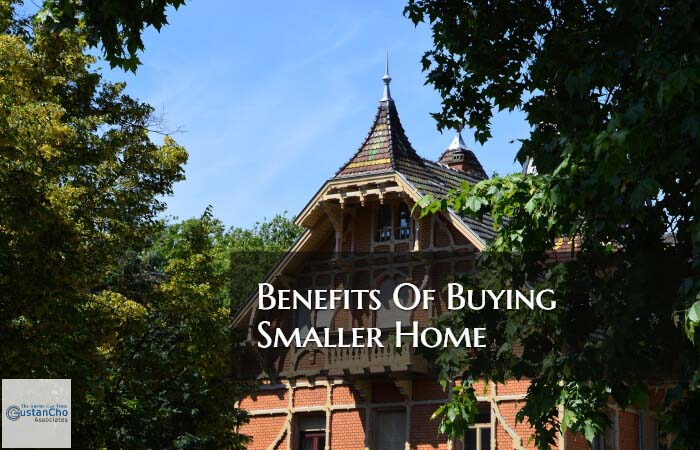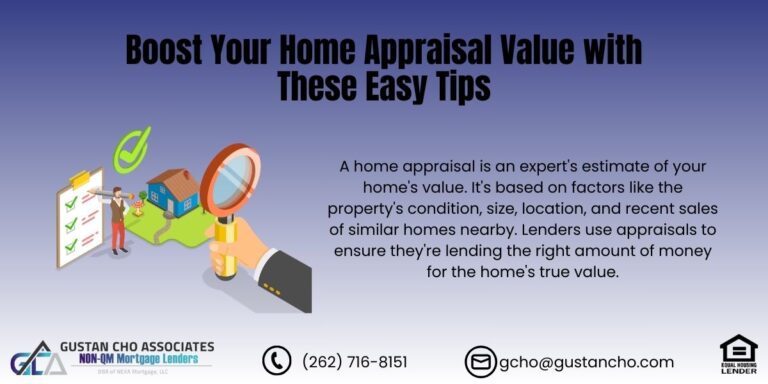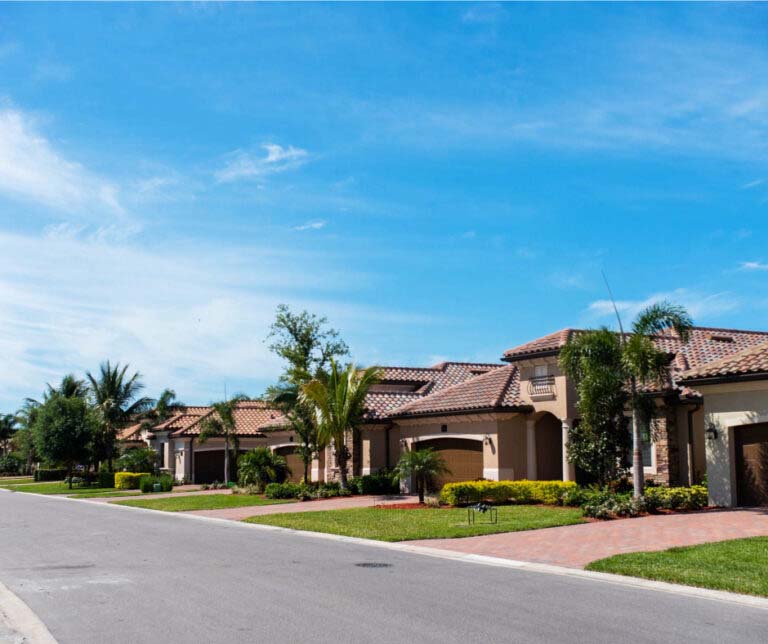Benefits Buying Smaller Home Versus Larger Homes
This BLOG On Benefits Buying Smaller Home Versus Larger Homes Was UPDATED On April 16th, 2019
Buying a home is not like buying a car or other high ticket items.
- Unless buyers are real estate investors, chances are that if a person is buying a home, they intend in living there for several years, raise a family there, and call it home
- A person’s home is where they meet new neighbors and develop lifelong friends with them and be part of the community
- Besides choosing the neighborhood home buyers want to live in, another big consideration they need to make is how much home is needed
- Does the home buyer want a larger home?
- If so why?
- How many people are in a household?
- Does the homeowner need multiple bedrooms and multiple bathrooms?
- Does homeowner need finished attic and basement?
- Does homeowner need acreage or does an average size lot do?
Many home buyers think bigger is better. However, there are many benefits buying smaller home. Even if homeowners can afford a larger more expensive home, buyers should think both the pros and cons of both buying larger home and the benefits of buying smaller home.
Personally, I have lived in a smaller home as well as a super large home that exceeded 15,000 plus square feet. If I had all of the money in the world and if I had to do it all over again, I would settle in a smaller home due to the many more benefits buying smaller home than owning larger home.
Benefit Buying A Smaller Home With Maintenance Costs
One of the biggest benefit buying smaller house is that owners have to spend less time maintaining their home and cost them much less in paying for utility bills as well as have lower property taxes and insurance premium.
- Owners of a larger home need to clean and provide heat and electric in rooms they do not use
- For homeowners in the Midwest, gas bills can get outrageous during the cold winter months
- Whether or not they occupy the rooms they do not use in home, they still need to heat the space
- If they do not heat unused room they can have costly plumbing breaks where it can cost thousands
- During the summer months, electric can really run several hundred dollars per month in cooling larger homes
Larger homes have multiple heating and air conditioning systems.
- HVAC, electrical, and plumbing repairs and annual maintenance can get quite costly
- One of the big benefits of buying a smaller home is repair and maintenance costs will be less than a larger home
- Repairs and maintenance costs also include replacing/fixing roof, replace windows or doing other repairs and maintenance on home
Decorating a smaller home is easier and much less costly.
- Home buyers buying a 5 bedroom home with 4 bathrooms but only need 3 bedrooms and 2 bathrooms, they do not want the unneeded rooms vacant and will want to decorate them
- Furnishings can get quite costly
- Decorating a larger home can be extremely time-consuming
Property Taxes And Insurance

Larger homes are more expensive than smaller homes. Higher property values translate into higher property taxes and insurance costs.
- Homeowners can never avoid property taxes and insurance
- Even if the home is paid for and free and clear of any mortgage loans, property taxes are due by homeowners
- Depending on the area, property taxes on a larger home can cost thousands more a year than property taxes on a smaller home
- Same goes with homeowners insurance premiums
- Larger homes cost more money to insure
Other Benefits Buying Smaller Home
Smaller homes are easier to sell than larger homes.
- McMansions and mansions sometime take many months to sell, even years
- Many home buyers who want to purchase McMansions and mansions have the financial ability to purchase land and custom build their own homes
- Smaller home buyers can qualify for home loans much easier and faster
- Government and Conventional Loans have maximum loan limits
- FHA mortgage lending limit is $314,827
- FHA Loan Limits are higher in high-cost areas
- The maximum conventional mortgage lending limit is capped at $484,350
- Home buyers purchased higher priced homes can qualify for Jumbo Mortgages
- Jumbo mortgage loans are much tougher to qualify for than conforming conventional loans
- Jumbo mortgage lenders cap the maximum debt to income ratios to 40% debt to income ratio, require higher credit scores, and most Jumbo mortgage lenders require a 20% down payment on a home purchase
- These tougher mortgage lending requirements will restrict home buyers when it comes to selling a larger home
The Gustan Cho Team offers non-qm jumbo mortgages for self-employed borrowers where there is no income tax required. 24 months bank statement deposits are used to calculate monthly income. 10% to 20% down payment is required on non-qm jumbo mortgages for self employed borrowers. The amount of down payment required is dependent upon the borrowers’ credit scores. Minimum credit scores to qualify for non-qm jumbo mortgages for self-employed borrowers is 620.







